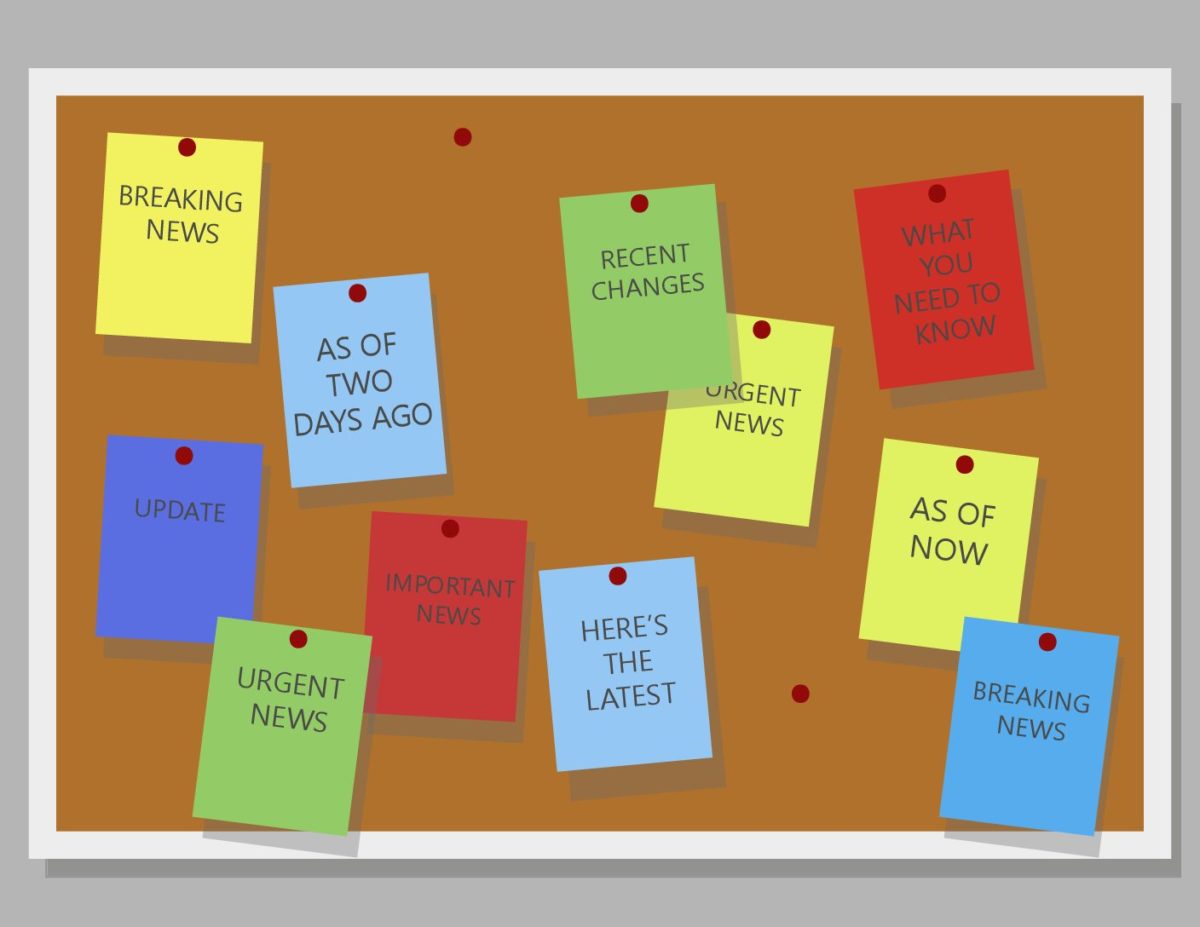Homeroom teachers conducted the first of the 5 hour lessons on Resiliency Education on Sept. 27. A Florida initiative approved Oct. 2022, it has replaced mental health instruction with “resiliency” in K–12 schools. The lessons, which were released in early September, cover traits such as “perseverance”, “citizenship” and “honesty”.
The quickly implemented program, which teachers had three weeks to familiarize themselves with, is not the only legislation leaving teachers and students confused; forms and the banning of Advanced Placement Psychology have contributed as well.
First came the nickname forms Aug. 14, which parents had to sign for students to be called a name other than their legal name. Then came the permission forms, distributed and placed into effect Aug. 22, which parents must sign so their children can partake in anything other than instructional class time.
These requirements force additional responsibility on students and annoy parents when their child brings a new form home every week. Teachers were already worried about being fired, criminally charged or sued for including “inappropriate” material and books in their curriculum. On top of that, they are now wary of matters as trivial as students attending clubs without paperwork. Moreover, our three guidance counselors, representing around 950 students, have filed thousands of forms in these past few months.
This stress, coupled with the recent skyrocketing prices of paper, takes away from the learning environment by depriving students of the opportunity to expand club membership or receive extra academic support from teachers.
Preceding all of this unnecessary paper waste was the AP Psychology decision, which was released one week before school began after conflicts involving the College Board over gender and sexuality content. On Aug. 3, the Florida Department of Education announced that the course “can be taught in its entirety in a manner that is age and developmentally appropriate”. Because of the vague verbiage, school officials were unsure if teachers who proceeded with it could lose their licenses.
The announcement was a bombshell for the estimated 30,000 Floridian students who planned on taking the class and those who wanted to pursue psychology as a career. Although most counties, excluding Brevard, still offer the class, our state is prioritizing its political “war on woke” over students’ education and the stability of school staff. Our guidance counselors have rearranged myriad schedules on short notice and, at times, known as much as confused students did regarding new policies. Considering that the content under scrutiny only appears in one sub-unit, the state’s stance also establishes a dangerous precedent for future bans, a warning that even a fraction of “unfavorable” material is fair game.
Even now, confusion remains on why information about the new forms and ban was not communicated to schools earlier in the summer. That would have allowed more time to ask questions, train teachers and for students and staff to know what to expect.
About a decade ago, our present situation would have seemed unreal. The Florida Legislature session takes place from February to May, during which policymakers form committees to vote on and pass bills for the governor to sign over the summer. Previously, all 67 state districts and their schools had a year to interpret and enforce the law. So, what has changed? As of recent years, schools only have the summer, or even less time, to put the legislation in place.
Looking at where we are now, the time cut is dramatic and illogical. When there is too little information, too late, how can we expect our districts to understand the storm of bills that have hit us? This system sends counties into a bewildered frenzy that forces them to “err on the side of caution” for the sake of their educators. And, to be frank, it seems that these announcements and bills are intentionally announced at the last minute to obtain this effect.
Gov. Ron DeSantis’ incessant approval of policies promoting parental involvement in schools and the exclusion of LGBTQ+ voices demonstrates his desire to win over parents and conservative groups in the polls. He has been very public about his relationship with Moms for Liberty, a national organization founded in Brevard that fights for similar policies. It now targets school counselors who supposedly “support an extremely progressive ideology including gender fluidity and the sexualization of minors” and gatekeep sensitive information about children from their parents. To showcase his support, the governor spoke at two of their national conventions and appointed M4L Co-Founder Tina Descovich to the Florida Commission on Ethics on Sept. 6.
With 13 months until the presidential election, it has become clear that our lawmakers are willing to do anything to generate political support in the country, no matter how much their counterintuitive policies are harming the state.
The same unfavorable circumstances have unfortunately come through with Resiliency Education, which goes to replace the mental health instruction that First Lady Casey DeSantis advocated for after the 2018 Parkland shooting. This new program, which she also spearheaded, now focuses on teaching students to bounce back when they “are faced by a challenge in life”. Another change is it will allow parents to involve themselves by becoming “Resiliency Coaches” and “School Counseling Apprentices”. Though the program covers many of the same topics as previous lessons, closer inspection reveals no mention of depression, suicide or even the phrase “mental health”.
But will students who struggle with anxiety and depression benefit from PowerPoint presentations telling them to “[pull themselves] up by the bootstraps”? The answer is no. For change to happen, the state must support students and their growth by actively listening to their concerns. More importantly, it should be up to guidance counselors, who have the experience and training, to stimulate these discussions rather than over-eager parents and overburdened teachers.
In a state that ranks 48 out of 50 for access to mental health care and has nearly 7,000 teacher vacancies, our officials should stop slamming us with harmful legislation and instead focus on increasing teacher pay and the number of counselors in schools. However, this can only happen by granting communities time to adjust and to communicate their needs. But with the governor busy pleasing conservatives to gain presidential votes, becoming “the education state” seems unattainable.
It is no secret that our schools have become political playgrounds. But the most alarming aspect of our situation is the disconnect between legislators and educators. Is this a deliberate divide? And what will we do when the gap becomes too great? By ignoring the input of experienced officials and bombarding staff and students with vague, last-minute laws, our representatives should remain unfazed when we respond with resilience in the form of resistance.










































